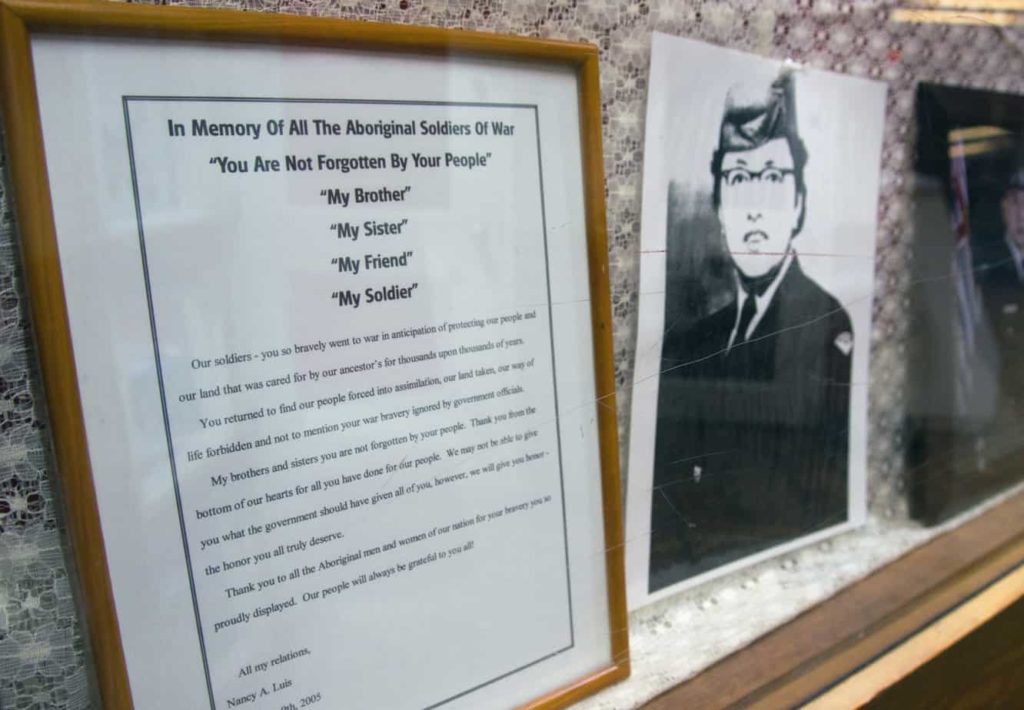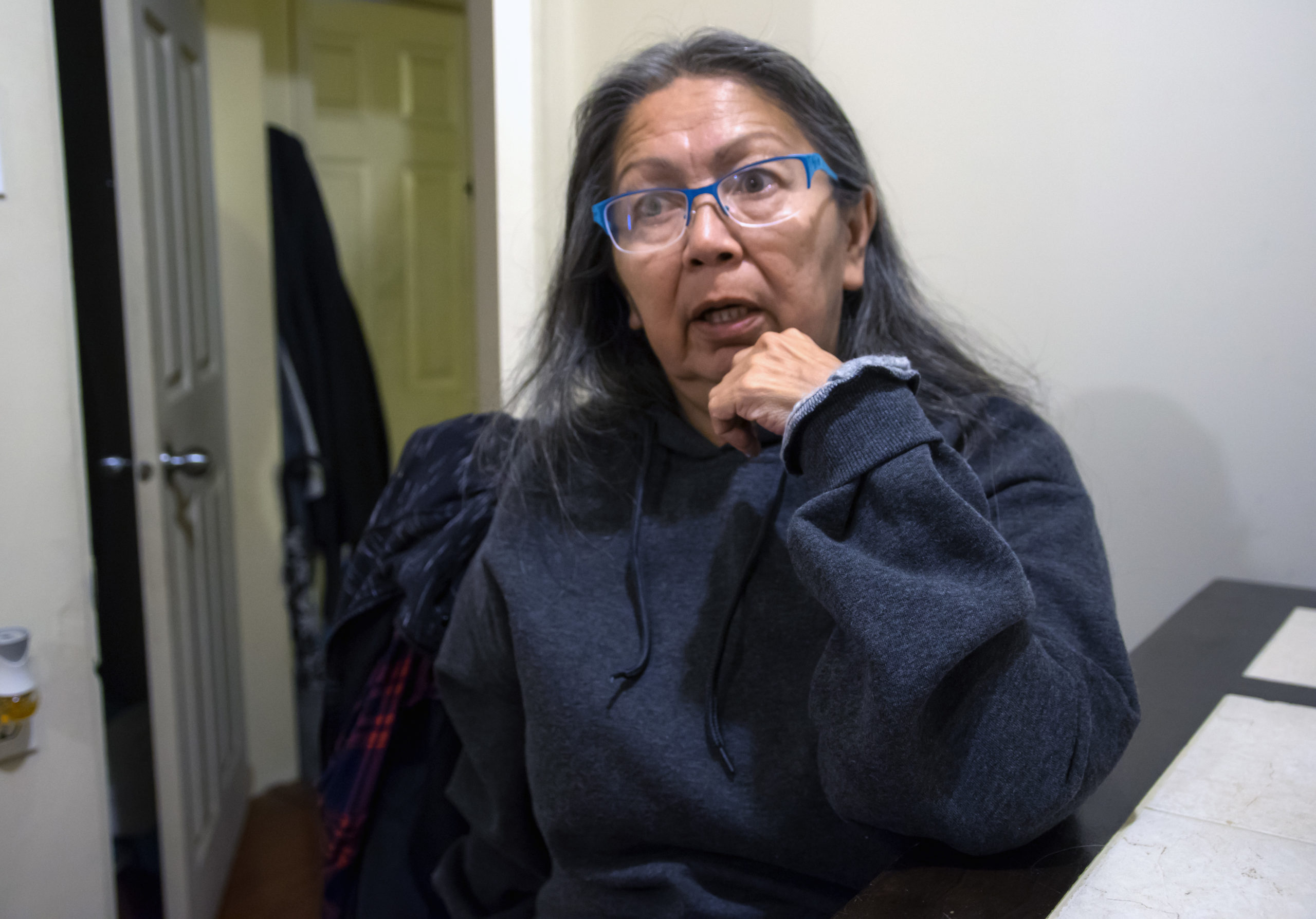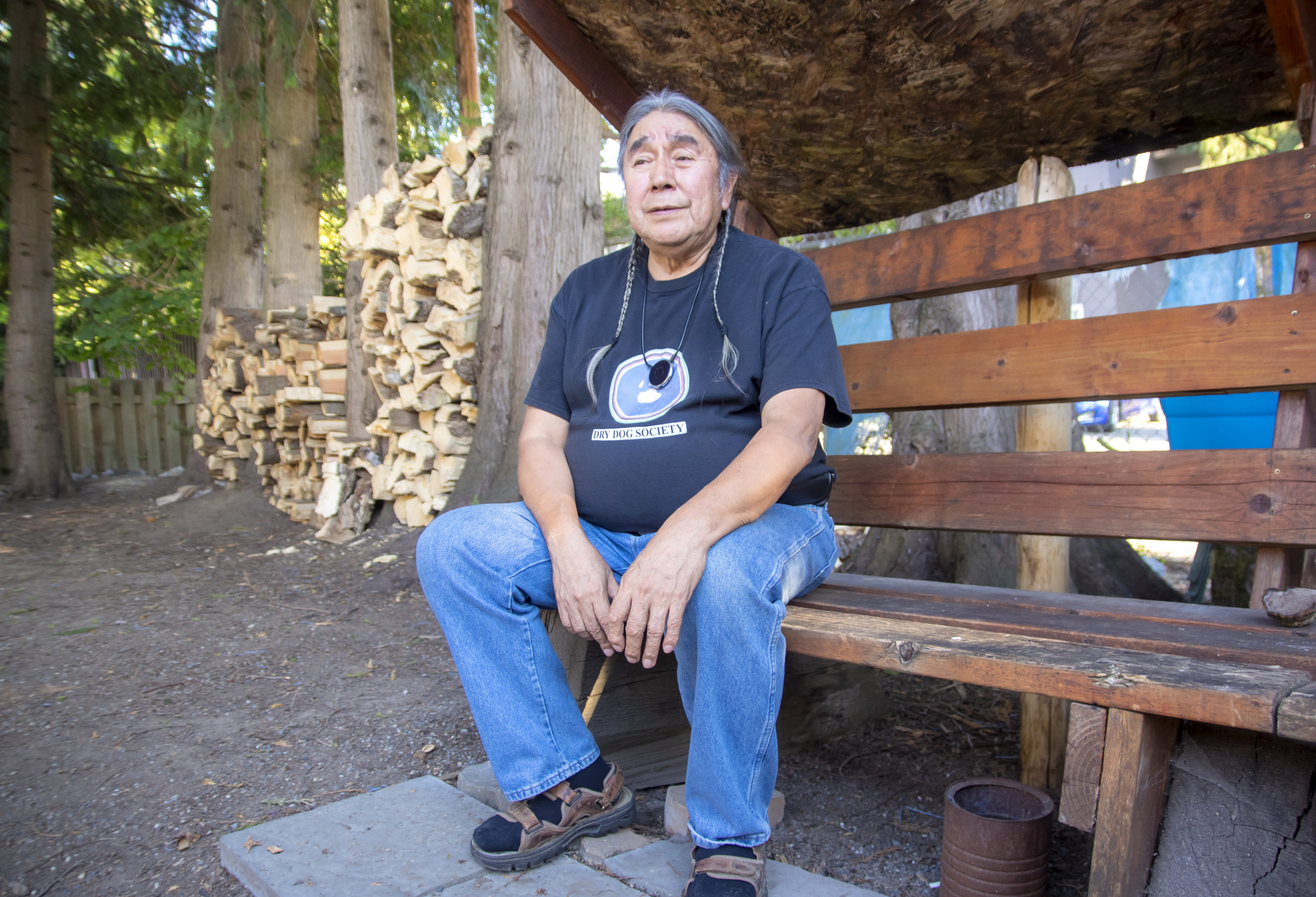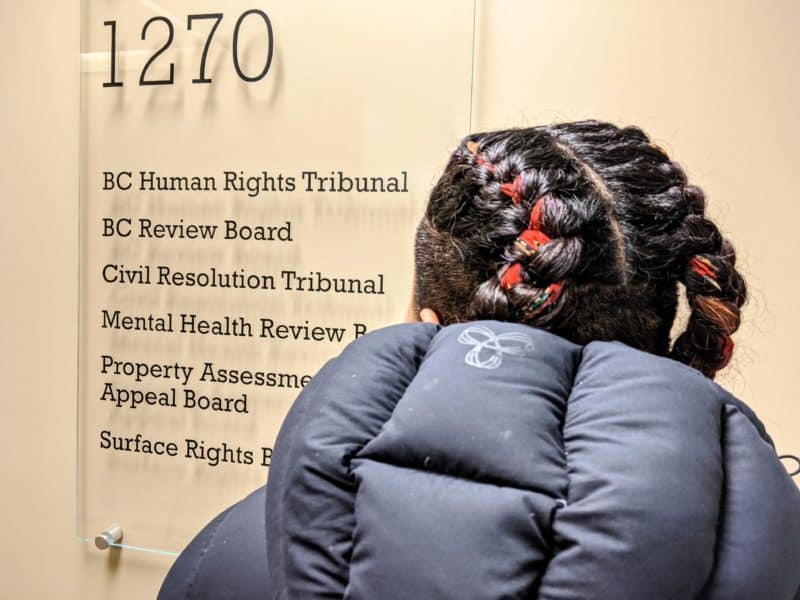
This is from our Urban Nation newsletter. You can subscribe here.
Remembrance Day is on Nov. 11 and it’s important to remember and respect the sacrifice of Indigenous people who served in the Canadian armed forces during wartime.
According to Veterans Affairs Canada, more than 7,000 Indigenous people served in the Canadian military in the first and second world wars, as well as in the Korean war — one veterans’ group estimates the number is closer to 12,000. If each of Canada’s 634 First Nations sent the same number of troops, that would be approximately 19 people per nation. We also mustn’t forget the sacrifice of the Métis, whose numbers weren’t specifically recorded, but whose ranks include trackers and one of the most well-respected snipers of World War One. The bodies of Indigenous veterans killed in action lay buried in France, Italy, Holland and in the South Pacific, far from their home First Nations.
Remembrance Day means something personal to me. My father’s brother was wounded by shrapnel in Belgium in the Second World War, and died of his injuries while en route home. What the country gained in service and sacrifice, my grandparents lost in a son, my father in a brother and I in an uncle.
I think about others on Remembrance Day as well. My cousin served with the U.S. military during the Vietnam War. And my niece proudly serves in the Canadian army today.
When I worked for a small community newspaper, I interviewed a man who served with the Wehrmacht in Germany during the Second World War. I felt that the vanquished must have their own memories on Nov. 11, and he did. He quietly remembered men he served with, was friends with, fought with and even got drunk with, he said. Many were killed in the war, and he missed them.
I used to wonder how Indigenous soldiers who went to residential school felt about serving for a country whose government discriminated against their people. Today, when I read racist social media comments about Indigenous people, I can’t help but think Indigenous soldiers were sent to the frontlines to die for a country that hates them.
But at least some of those veterans chose to serve, as do Indigenous people in the armed forces today. Their choice has to be respected, and also remembered.
What you love

Tonia Windsor loves how generous Indigenous people are in the Downtown Eastside. “Even though they’ve gone through what they went through, they give you the shirt off their back.”
Life can be difficult there, the grandmother says. Some people are strong and some are lost, she says. “They haven’t found their way back from whatever horrors are tormenting them.”
““It’s rough. I think it’s rough for where they put all our Indigenous people. They keep us in the SRO [single-room occupancy] places,” she says. “I wouldn’t live in them.”
But despite the challenges they face, the people are still friendly, she says. They’re happy when you get to know them, or when they choose to let you into their lives. “They just come to me because they say I’m a bright spirit down there, so they come to me to get a hug or to get words of encouragement to stay strong,” she says. “But they’re the most giving people down there when you catch them at the right time.”
People are talking about
- In this CBC story, Indigenous and Syrian people met in Vancouver to exchange food and stories, as well as traditional song and dance.
- In a story on Medium, former Globe and Mail BC reporter Sunny Dhillon talks about why he left his newsroom: “Being a person of colour at a paper and in an industry that does not have enough of us — particularly at the top — felt more futile than ever before.” In a follow-up piece a week later, Sunny shares similar experiences from other journalists of colour in the industry.
- According to this story in The Guardian, Indigenous people in Brazil face profound implications with the recent election of a far-right nationalist president.
- APTN reports that a Halifax, NS university professor is under fire for researching the spike in the number of people in the region claiming to be eastern Métis.
Culture connections

The Indigenous community needs to hear more from its most successful members, says elder Tom Oleman.
Tom runs a recovery home for men in the Whalley district of Surrey. It’s meant to be a place of healing, and reconnecting with culture and spirituality.
It would be helpful to hear from successful Indigenous people about the journeys they’ve followed, he says.
“Our people and communities need to sit down and talk to some of the day-to-day issues of a successful person,” he says. “We have these huge things that are put on by the universities where we invite the Dalai Lama and all those other people to come in and talk about the human condition.”
But we don’t hear enough from our own people, he says. Successful Indigenous people need “to give us some time.”
“What we need, we need those people to come in and just have coffee and a sandwich with people, and talk about how they got to where they are.”
“Some of them started from poverty and are successful now,” he adds, “and that’s really good.”
“One of the sad things for our successful people is that they’ve moved away from the people that are in need,” he continues. “There are many reasons for that, and there are good reasons, but we also need to know that the people in need are here.”
Let’s gather
- Nov. 15: Pi Theatre presents Hir: A Trans, Non-Binary and Two Spirit Cabaret featuring dance, live music, short films, drag, poetry and more, at The Junction from 7:30 to 9:30 p.m.
- Nov. 16: Writer, radio host and activist Desmond Cole will be holding space for a conversation at the Vancouver Public Library about Black lives, racism and telling your story. This free event is from 6 to 8:30 p.m. in the Alice MacKay room. All are welcome but priority will be given to the voices of Black folks and youth.
- Nov. 23: Massy Books — an Indigenous-owned bookstore — is hosting an evening of Indigenous Brilliance, featuring a range of Indigenous singers, writers and visual artists. Starts at 7 p.m., but it sounds like it’s going to be packed, so get there early to secure seats. All are welcome but priority will be given to Indigenous women, two-spirit and queer folks.
If you know about an event that you think should be included in this newsletter next week, send us an email.
And if you liked this newsletter, subscribe here — and share it with five friends. [end]



